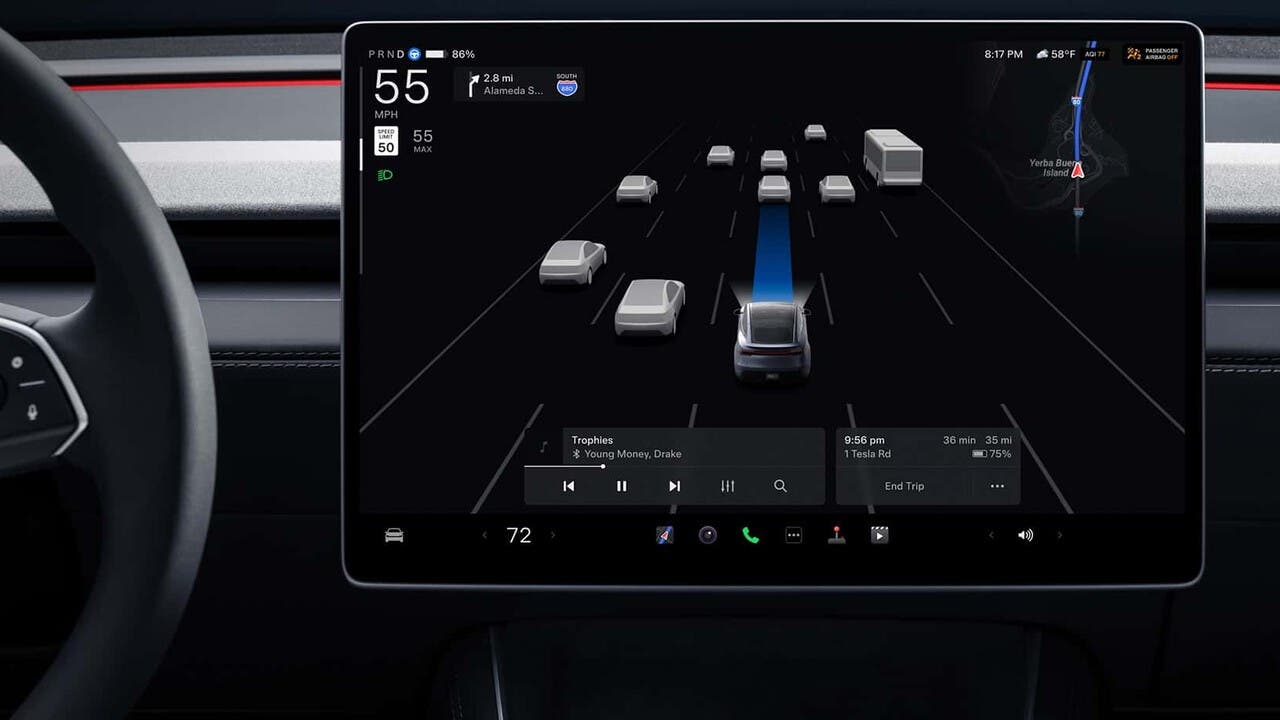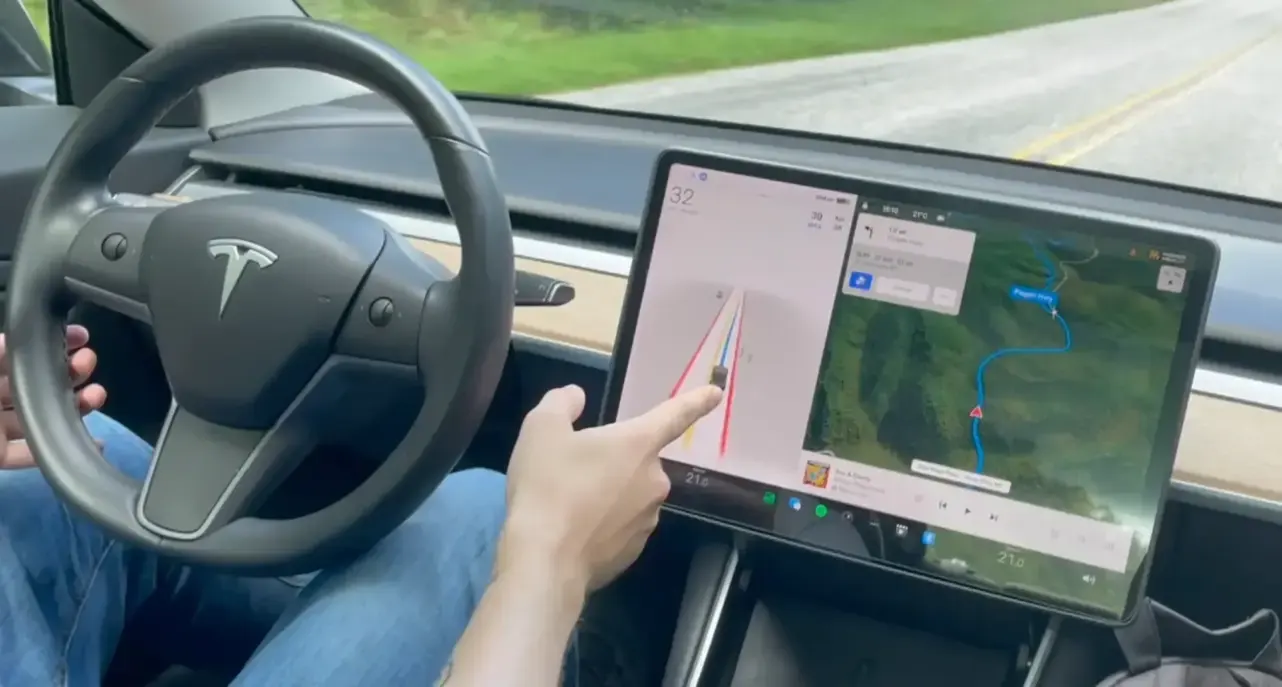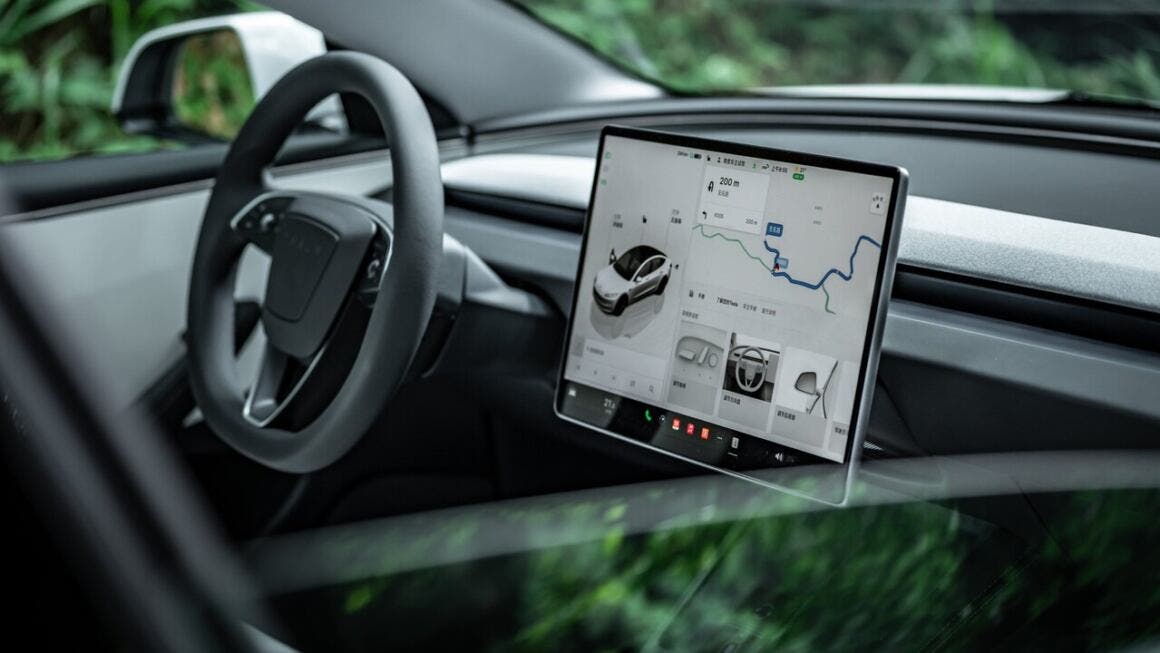For years, the core belief propping up Tesla’s valuation has been the notion that it is not merely a car company, but an “AI and robotics company”. CEO Elon Musk often amplified this idea, confidently asserting that Tesla’s lead in autonomous driving was so vast that traditional automakers would eventually be forced to license Full Self-Driving (FSD) technology to survive.
Musk repeatedly signaled this “openness”, and speculation hit a fever pitch in April 2024 when he explicitly mentioned “good odds” of striking a deal with a “large automaker” that year.

The year is almost over, and we now know that deal never materialized. Yesterday Musk admitted the truth: “They don’t want it!”. In a post on X, Musk claimed that the discussions with other automakers simply fizzled out. He accused the “Legacy Auto” firms of making “impracticable requirements for Tesla”, suggesting they only lukewarmly discussed a five-year, small-scale implementation plan. Traditional automakers required the system to do exactly what its name promises: actual Full Self-Driving.
Unlike Tesla’s “aggressive deployment” strategy, which relies on releasing “beta” (now “Supervised”) software to paying customers for real-world validation, traditional automakers follow a stringent “V-model” validation process. They define requirements, conduct rigorous testing, and assume liability before release.

When Mercedes launched its true Level 3 Drive Pilot system, it took full legal responsibility when the system was active. A commitment Tesla has fiercely avoided. This difference in strategy has massive legal ramifications. This very month, Tesla narrowly avoided a devastating jury verdict by settling the James Tran lawsuit, which centered on a Tesla Model Y using Autopilot that crashed into a parked police vehicle. Even Tesla knows it risks losing these cases in court.
Meanwhile, leaders like Ford CEO Jim Farley publicly dismissed the idea of using FSD, stating plainly, “Waymo is better”. Other major players, like Toyota, have quietly partnered with Waymo to integrate its self-driving technology into consumer vehicles, proving that when established manufacturers look for a partner in autonomous driving, Tesla’s “Supervised” liability model just isn’t worth the risk.
